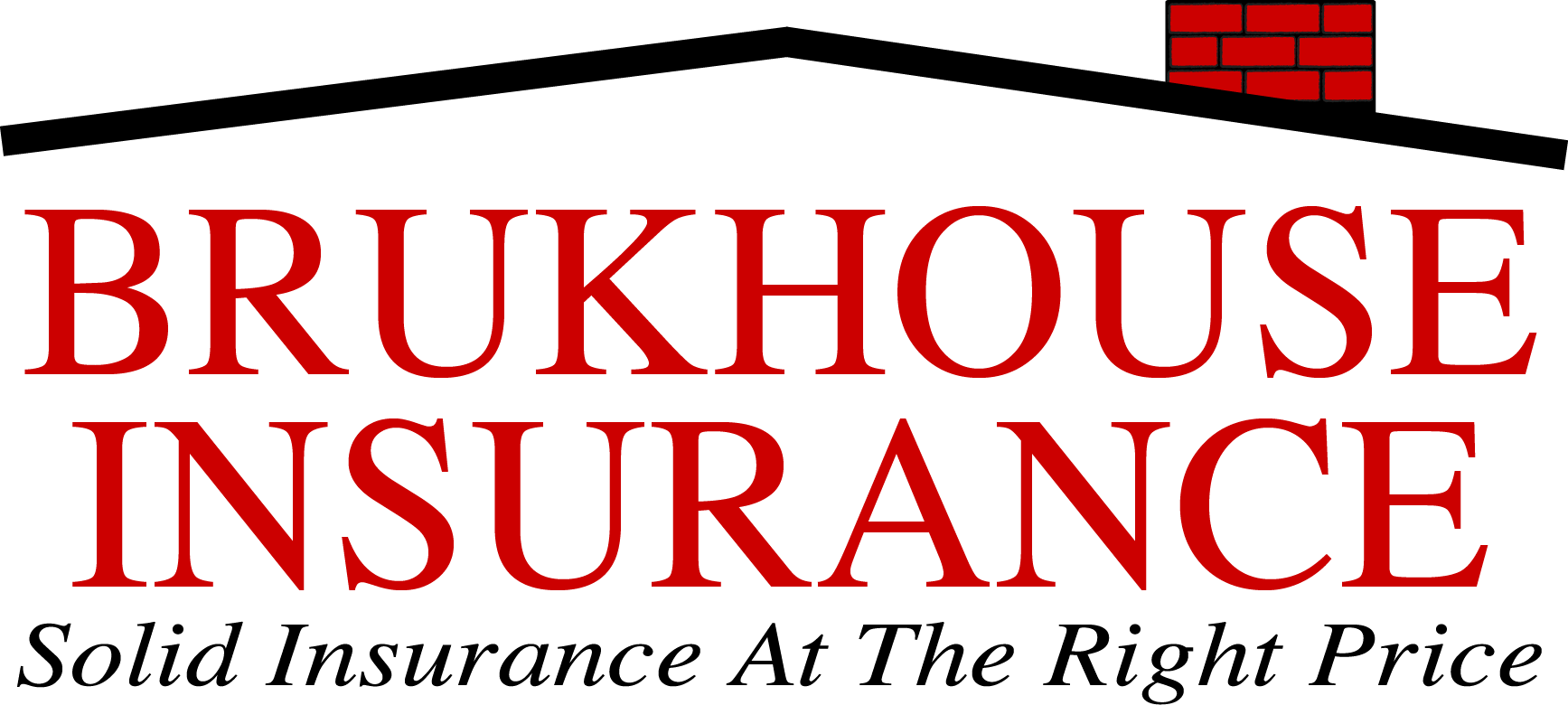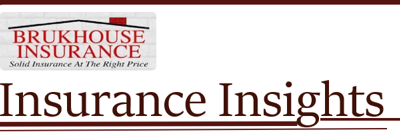Introducing our newest staff member Jerrick Ananca!
In July 2023, I joined the Brukhouse staff. To make sure that our clients are getting the greatest deal for their policy, I work behind the scenes diligently reviewing each renewal and obtaining quotes from the carriers we represent as a member of the retention team. My understanding of how house and vehicle insurance works has really improved over the past three months thanks to my supportive account managers and mentors. I play with my kids after school, watch anime online, and go to the gym and box on the weekends when I’m not working

Do I Have the Right Coverage for My Roof?
We tend to talk a lot about deductibles on a property policy, in the event we need to get a roof replaced, but how exactly the roof is covered is not as focused on or highlighted as much. A lot of people didn’t even know there were different ways to cover a roof …but there is! This can lead to quite a shock when someone goes to file a claim and finds out that their coverage is not what they thought it was, leading to higher out-of-pocket costs during a claim. Here are three different ways your insurance carrier could assess your coverage.
Roof replacement, actual cash value coverage (ACV), and now a newer endorsement called Roof Schedules are key terms in insurance policies, shaping how policyholders are compensated for roof damage.
Roof replacement ensures full repair coverage, accounting for current market costs while, in contrast, ACV factors in depreciation. So, where Replacement Cost will pay for a new roof, ACV reduces the claim based on the useful remaining life of the roof. In other words, a 30-year shingle that is 15 years old has 50% left.
Roof schedules are the newest form of roof coverage and have become quite popular with insurance carriers. Since we live in a hail-prone area, insurance companies are either looking to increase premiums or limit their exposure in some way. Roof schedules restrict coverage based on the roof age, reducing the amount of coverage paid out in a claim for that roof each year it gets older. Policyholders with older roofs might receive very limited compensation, much like ACV. In fact, you might think this is the same as ACV, but the difference is that the schedule tells exactly what percentage of the roof is left at each year of age and the schedule varies depending on the type of roof.
Choosing the right coverage is pivotal; while roof replacement provides comprehensive protection, ACV and roof schedules may lead to more out-of-pocket expenses, but lower premiums.
Understanding what you have on your current policy and more importantly, what is available, is vital. And it’s important to have this information before the need to file a claim so you know what to expect. When was the last time you spoke to your agent about what is on your policy? Don’t wait! Call us today!
-Tabitha Dickey
Drone Insurance:
Drones have been gaining in popularity and quality in recent years. They are used for anything from recreational hobby to commercial photography to military weaponry. The value of drones has also been increasing along with the potential liability exposure to their “Pilots”. Homeowners Insurance and Business Insurance are both options for insuring drones and their respective liability but, it is important to evaluate the limits, deductibles and possible exclusions of each of them. We recommend speaking to an insurance professional about how to best cover your aerial assets.
For the hobbyist flying a drone for fun, homeowner’s insurance will likely cover what is needed. While most homeowner policies will cover your drone as well as your liability in event of injury, it is possible that your insurance carrier has an exclusion. The best way to determine if your policy will cover you is to read your policy and speak to an insurance expert. Potential limitations to coverage would include having a deductible that is higher than the value of your drone. Your policy may exclude liability for invasion of privacy and there is very likely an exclusion for commercial use. This leads us to our discussion of business insurance.
Those who use drones for their business will want to look for a commercial insurance policy to cover both their drone and their business liability. Coverage for the drone should include accident, theft, and loss to the attached equipment and the controller. You want to make sure you have coverage for all the parts of the drone itself especially if it is a costly high-end model.
The commercial liability for drone use should protect against accidental bodily injury or property damage. It may even provide coverage for invasion of privacy and violation of airspace regulations. Since commercially used drones have the potential to fly in areas that tend to be more densely populated and have more property around that can potentially be damaged, you may want to seek higher limits of liability coverage.
Whether you fly for fun or profit, you will want to make sure that you are aware of potential risks and how you can mitigate those with either a home insurance or business insurance policy. Talk to your insurance professionals and we can help guide you in the right direction.
– David Brukiewa
Transportation: E-Bikes
A new trend that we are seeing is the purchase and use of E-Bikes. Some homeowner’s policies cover E-bikes, however, that coverage is limited. E-bikes can be covered up to $3,000 and no more than 28 miles per hour; if bikes go over 28 MPH it is ineligible on your homeowner’s policy. E-bikes are never covered on an auto policy. They will require a separate policy and sometimes are endorsed under a motorcycle policy.
Please make sure to reach out to us as soon as possible after purchasing an E-bike and we can help you acquire the appropriate policy and coverages.
-Barbara Silva-Lopez
Home-Sharing Endorsement A.K.A. Short-Term Rental Insurance:
Renting your home for extra income is growing in popularity in Colorado. However, your home insurance policy may not protect you from damages incurred from home-sharing. When you home-share, your property isn’t licensed or regulated like a hotel or bed and breakfast, and as a host, you’re responsible for paying for damages made by renters or even injuries that may occur on your property. To protect yourself and your property, you can either add a home-sharing endorsement to your existing homeowner’s insurance policy or purchase a stand-alone policy. Please make sure to let us know if you’re sharing your home so that we can help you choose the appropriate coverages to protect your family and assets.
Vehicles are also seeing an uptick in being rented out for additional income through drive-for-hire services such as Rideshare, Uber, or DoorDash. This is not a vehicle usage that is automatically covered by your base auto policy; just as with home-sharing there are endorsements that can be added to your existing auto policy, or you can obtain a stand-alone policy for your vehicle. Some rideshare programs require drive partners to maintain commercial insurance policies and may not accept private passenger auto insurance. If you use your vehicle in this way, let us know and we can help you obtain the appropriate coverage.
-Sabrina Mortensen


 Our Current “Generational Hard Market” Insurance Industry
Our Current “Generational Hard Market” Insurance Industry
Leave a Reply